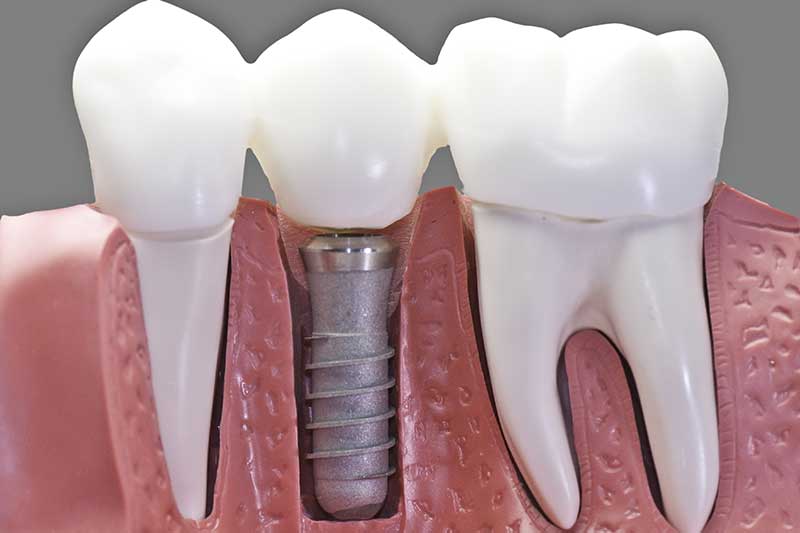A dental implant is a replacement of a tooth root due to decay using an artificial one. It is a long process of tooth surgery as compared to other types of dental surgery. It is done over several months to allow time for the bone to heal before the implant is done. A period of three to six months is required to allow the bone to fuse and thereafter placement can be done.
Dentists need to advise their clients properly to ensure successful tooth implants. It is a procedure that requires patience and perseverance from both the dentist and the patient. A channel has to be created in the jawbone for the tooth to be fixed. The patient is advised not to bite anything using the placed tooth. Failure to follow through the process can lead to dental implant failure.
Continue reading this article to get reasons why dental implants fail.
Lack of interest in the specialty
There is a lack of enough Dental schools and the ones that are available teach general dental surgery procedures. They do not deal with a dental implant specifically. Again, many dentists do not like doing a dental implant. They are more concerned with tooth surgery, restoration, and even prosthodontics and ignore this critical procedure. Those who are willing to learn about dental implants lack adequate information primarily because the curriculum doesn’t dwell much on dental implants.
Failure to give the jawbone time to fuse
The jaw bone needs time to fuse before the tooth is fitted. Some patients are not aware of such a procedure; they think fixing is just done in a day. They even push their dentists to do the procedure as immediately as possible especially when they are under pressure probably to attend to some special parties and occasions. The procedure needs three to six months for it to be complete and successful. Any shortcuts are expensive and must be avoided at all costs.
Implanting immediately on the site with endodontic failure
This can be very dangerous and stressful for the patient. The site with an endodontic failure must be given time to heal. The organism that causes the failure could still be in existence hence if the implant is done on such a site, then you should be ready to wait for the failure of the subsequent implant.
Implanting immediately on the site with endodontic failure
You should consider the density of the jaw bone as it varies from one patient to the other. Jawbones with a density of three or four bones are questionable. You should think twice before doing an implant on such. There’s a need for more consultations with other specialists in periodontal dentistry to ensure a successful implant.
There are many more reasons as to why dental implants fail and there are discoveries not yet done due to minimal education that is offered through the dental curriculum. There is also minimal communication between the general practitioners and restoring dentists and for best practice, the communication must be enhanced. Before you go for an implant, take time with your doctor and let them guide you on the matter.

